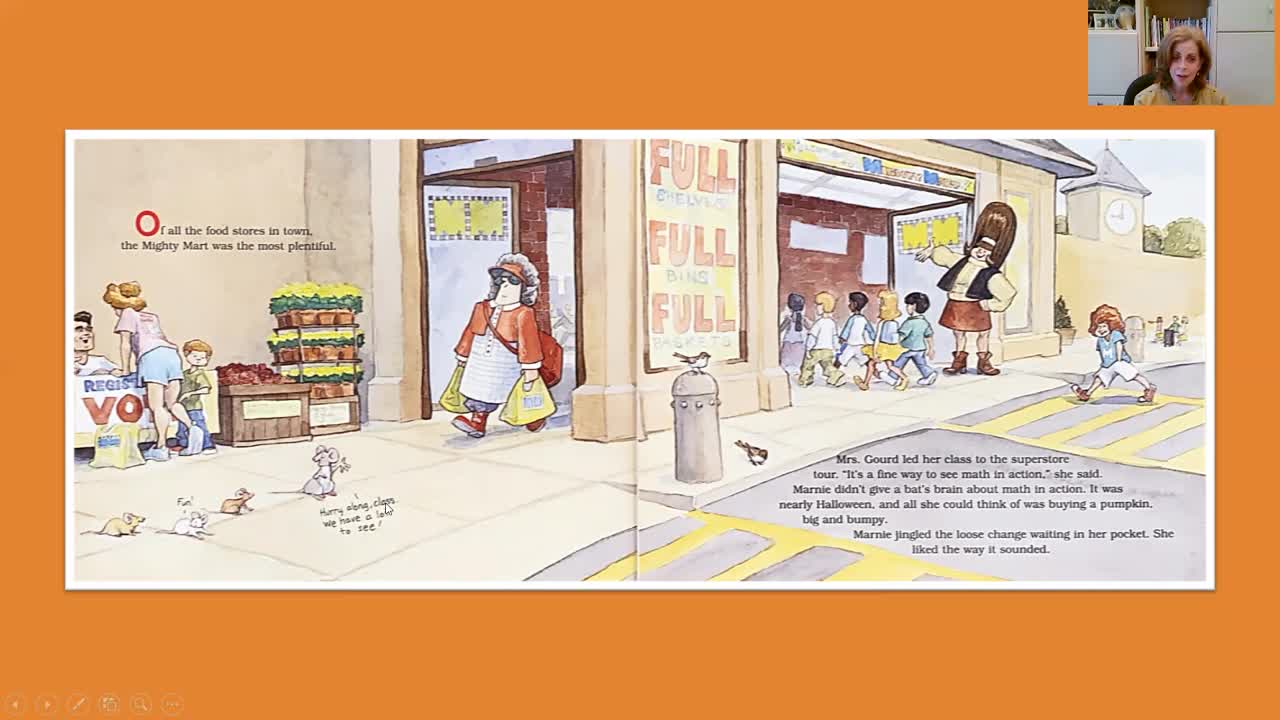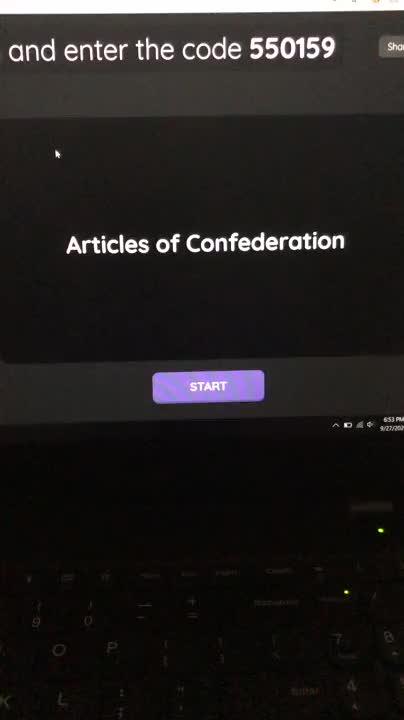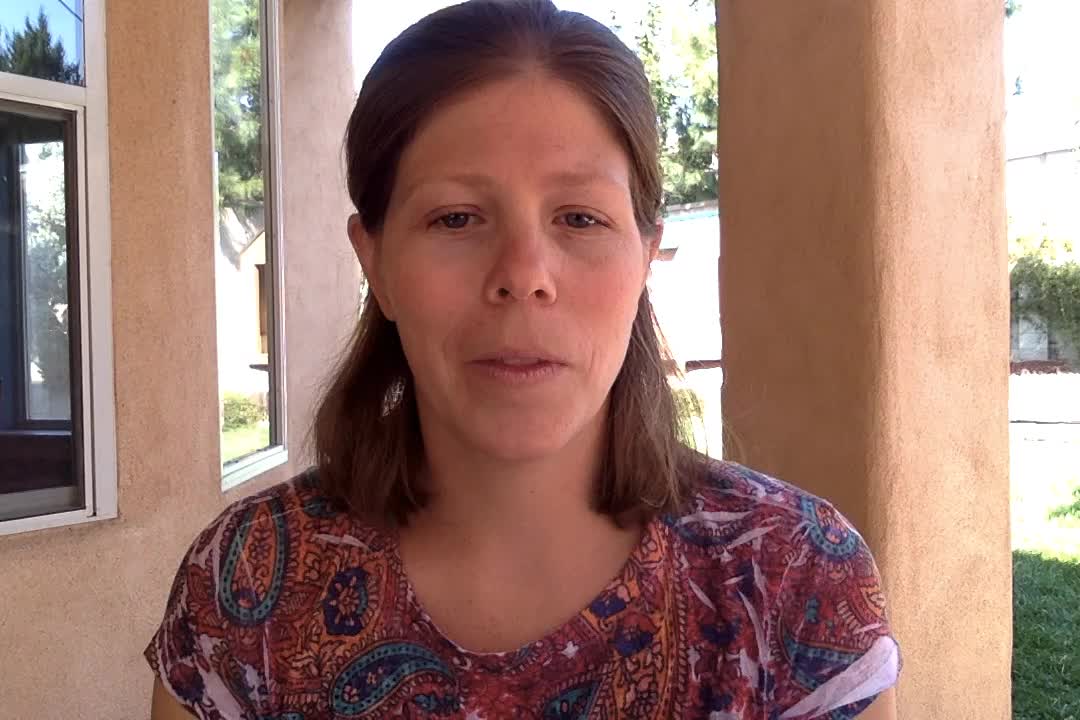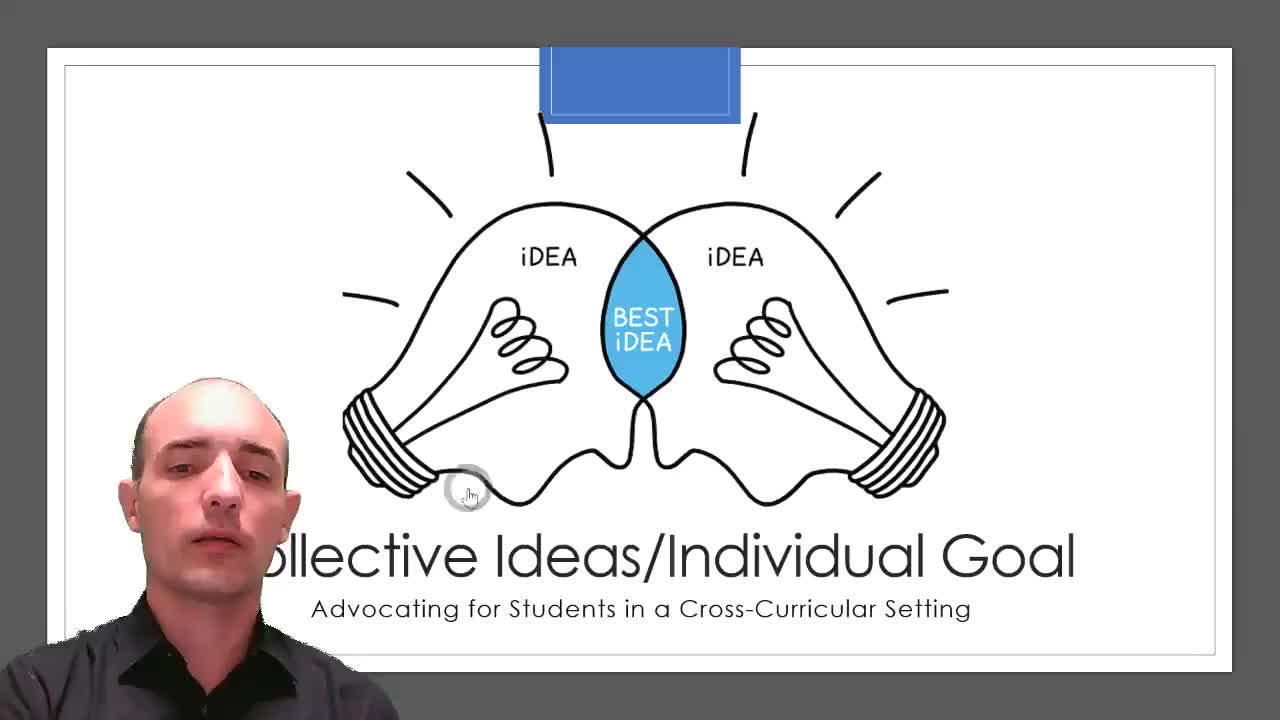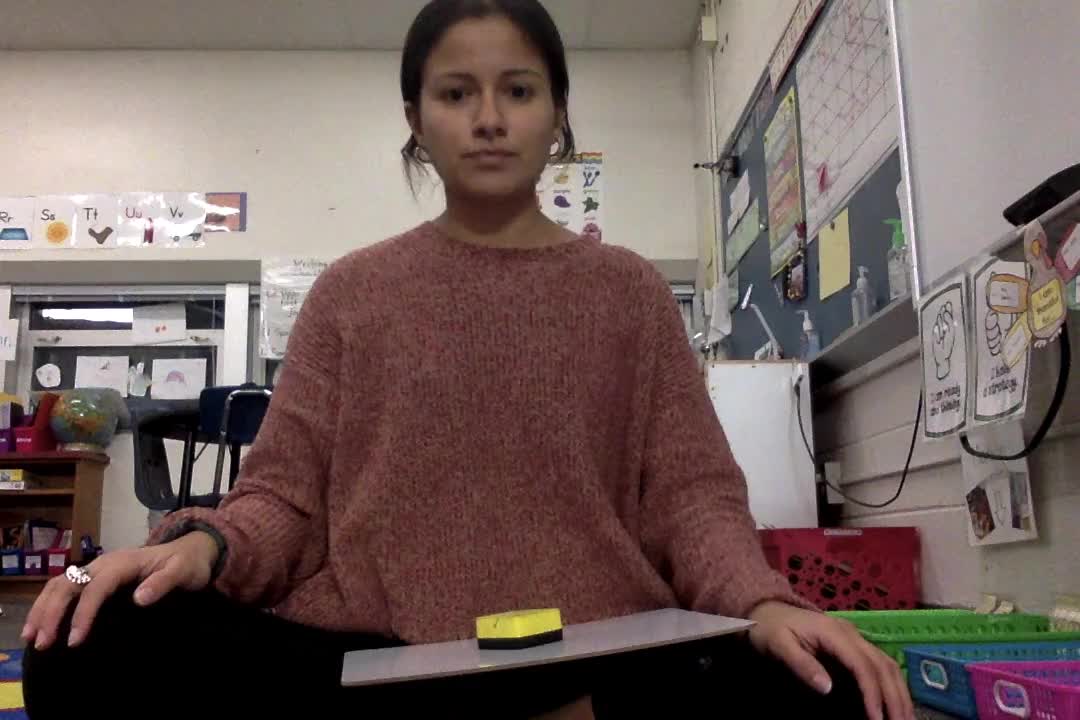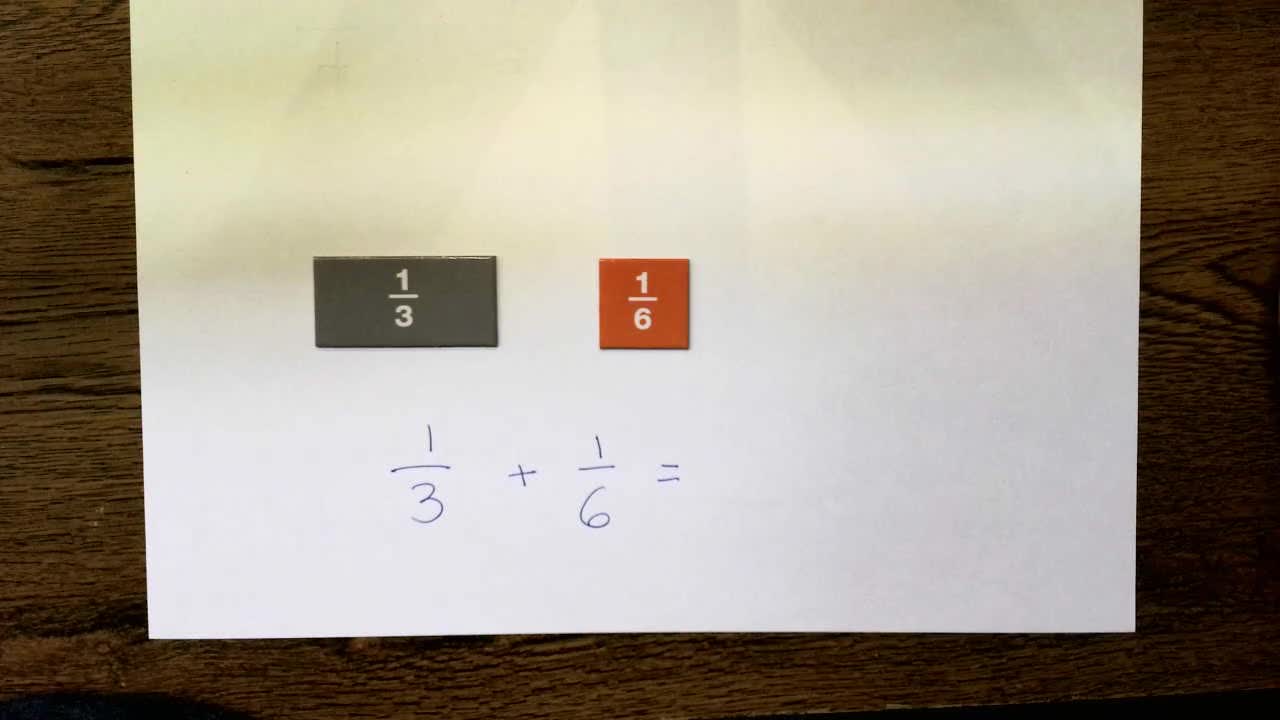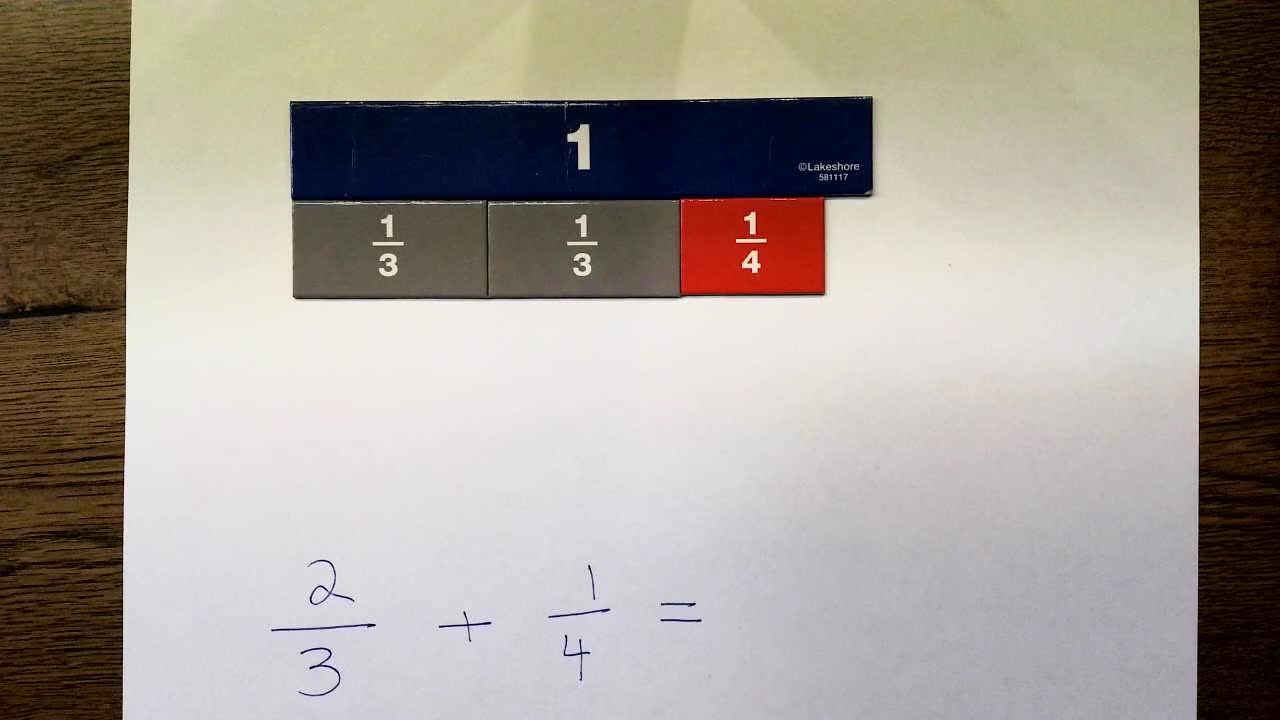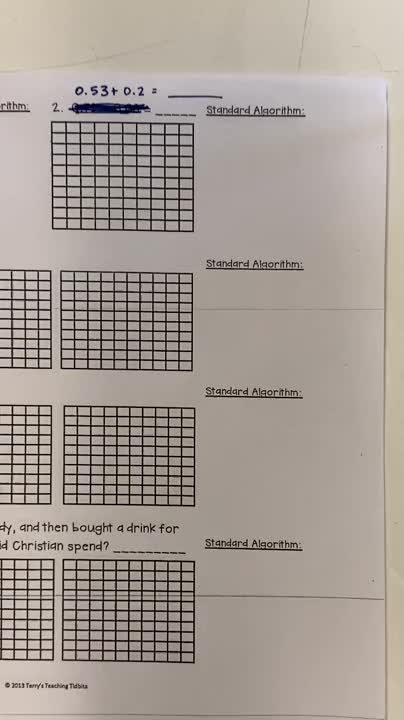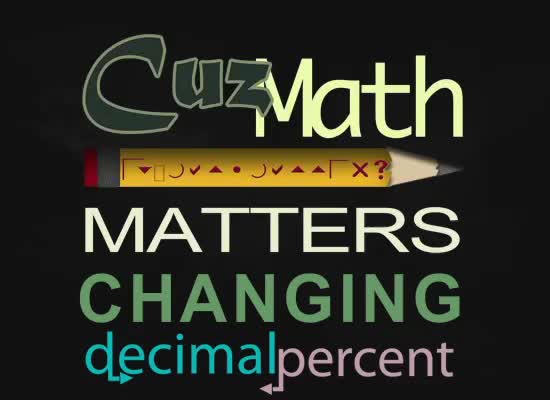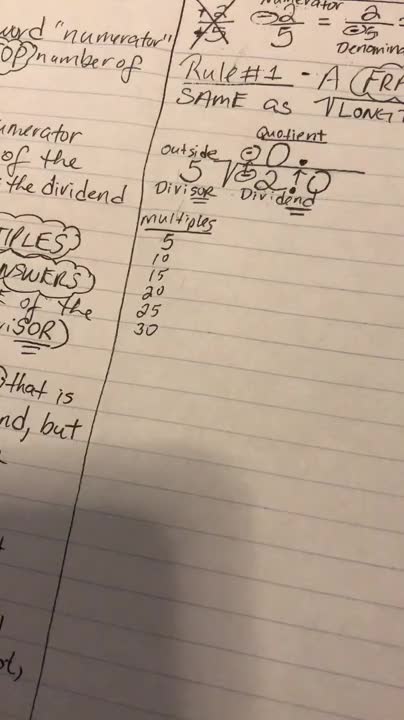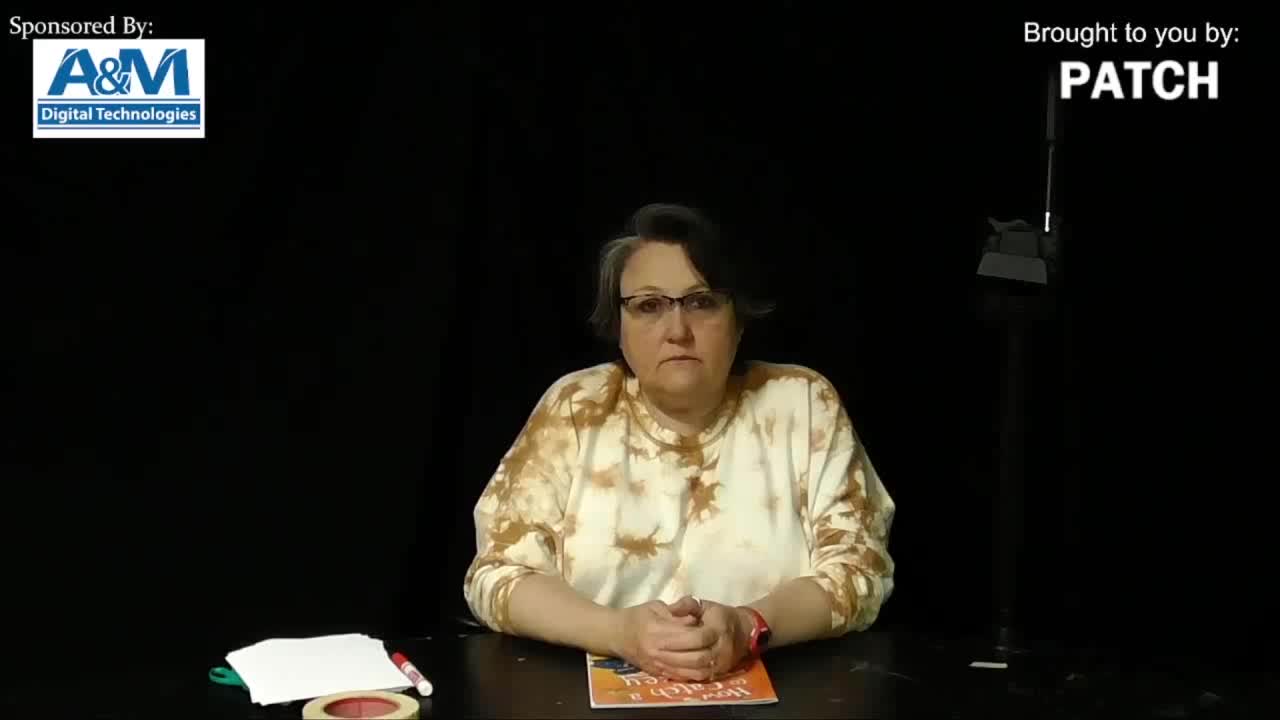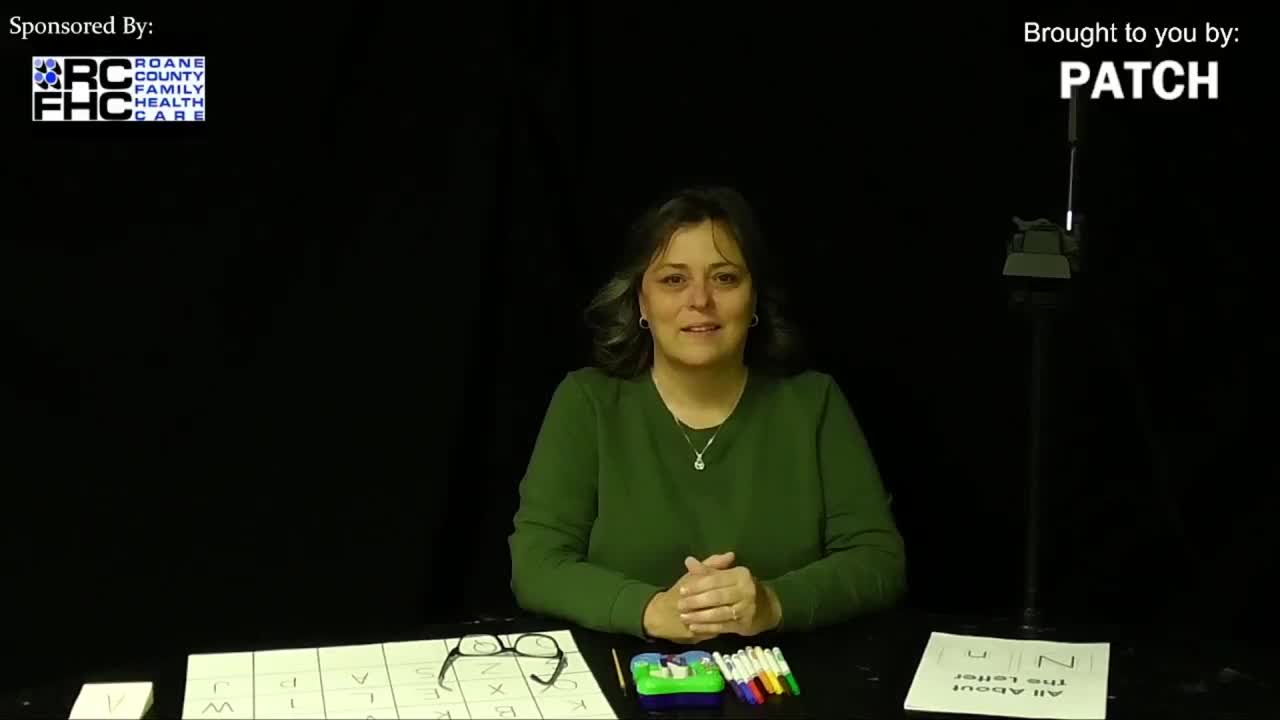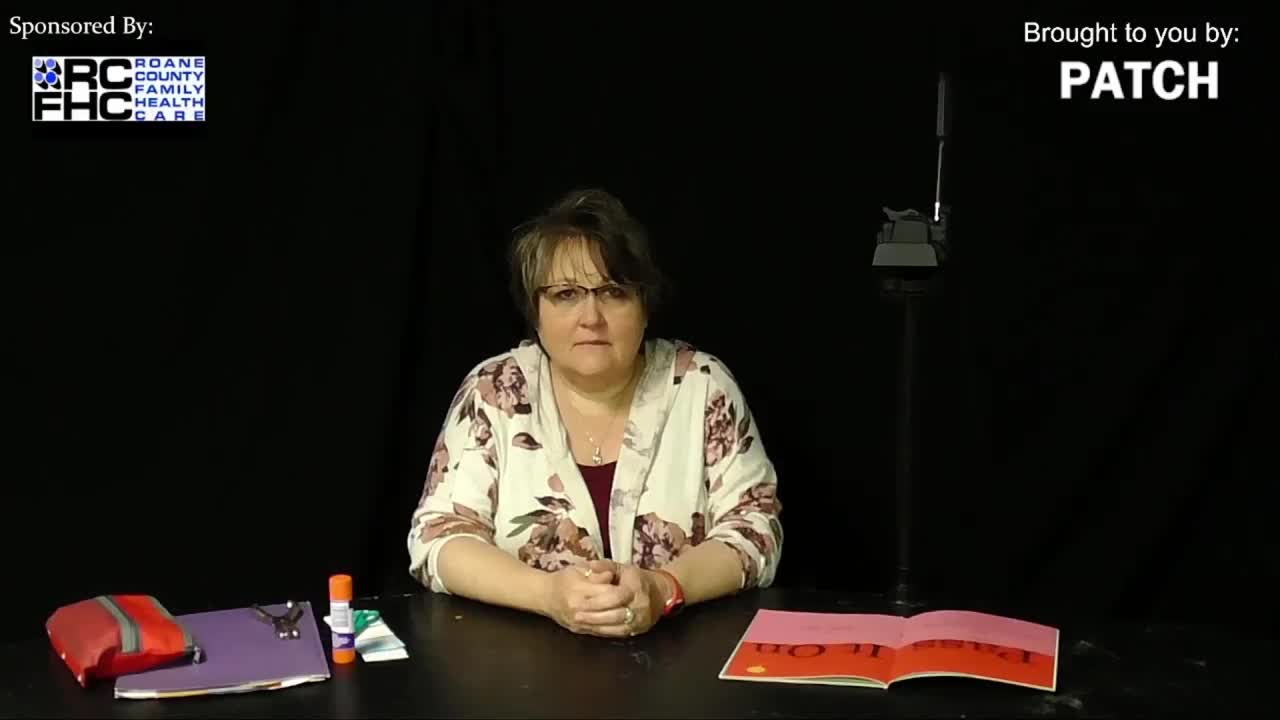Weeks 14 and 15- Elevated & Loaded Language
Elementary / Math / Ratios and Proportions
Elevated Language and Loaded Language Elevated language is another term for formal, or more dignified, sophisticated speech or writing. It often uses more elaborate figures of speech. Elevated language is used to add a feeling class, dignity or superiority to someone or something. It can also be used sarcastically or satirically to mock someone who thinks they are above others. Consider the level of vocabulary and form used in this example of elevated language from Nathaniel Hawthorne's The Scarlett Letter. Elevated language: “He was small in stature, with a furrowed visage, which, as yet, could hardly be termed aged. There was a remarkable intelligence in his features, as of a person who had so cultivated his mental part that it could not fail to mould the physical to itself, and become manifest by unmistakable tokens.” – The Scarlet Letter, Nathaniel Hawthorne Compare the form and vocabulary we just saw from Hawthorne to more modern popular literature which tends to use more direct descriptions and explanations. “After dinner, I folded clothes and moved another load through the dryer. Unfortunately it was the kind of job that only keeps hands busy. My mind definitely had too much free time, and it was getting out of control.” -Twilight, Stephanie Meyer The difference in the sophistication of these two examples should be evident. Hawthorne's high level of vocabulary and thorough description are trademarks of elevated language. This does NOT mean that writing with elevated language automatically makes a piece better than something written in a more easily palatable style. Which style is most appropriate and when depends on a variety of factors, most notably including the demographic and size of the audience for which the author is reaching , and the context of the writing's distribution. For example, elevated language would not be as effective in a speech to middle school students as it would in a short story written for educated adults. LOADED LANGUAGE Loaded language is used when the speaker or writer implies significant additional information based on specific phrasing. Euphemisms are a clear example of loaded language. They occur when the speaker tries to make something seem less harsh, or better based on how they describe it. Calling someone fluffy, or big-boned, or plus sized are all euphemisms for the alternative of calling someone fat. Loaded language can also attempt to make something sound much worse or much better than its neutral name. Calling Cigarettes cancer sticks, for example is a loaded why to associate negativity with them. Calling a janitor a custodial engineer portrays that line of work in a much more positive light. Whenever you dress something up or insult it based on exaggeration or understatement in its labeling, you are using loaded language.
